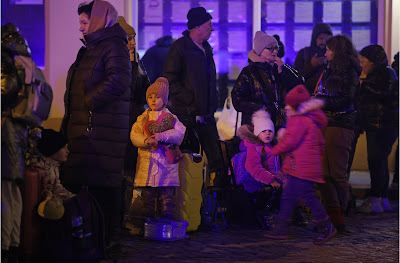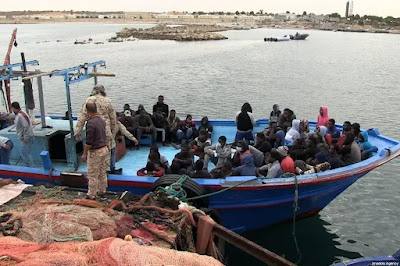by Indran Amirthanayagam
An old man chats in creole
on a bench by Prospect Park.
Along Empire Boulevard
a group of teens high-five
kouman ou ye, sak pase;
a writer, deep in a book,
puts it aside and stares
into space, mouths
a silent cry, Ayiti,
in and about the
park on an early May
afternoon, the air
warm, every language
out for a stroll but all
in a handmaiden's role
to the tongue sung
loudest in exile.
in 2023, that country
in the Caribbean Sea
boiling and burning
and sending its children
and women, men
and old men and
old women, all
who can find a way
out via the new deals
of sponsorship
or the old murderous
tricks of climbing
aboard rickety boats
to live or die
in the sea
beyond the Keys.
Indran Amirthanayagam is the translator of Origami: Selected Poems of Manuel Ulacia (Dialogos Books). Ten Thousand Steps Against the Tyrant (BroadstoneBooks) is the newest collection of Indran's own poems. Recently published is Blue Window (Ventana Azul), translated by Jennifer Rathbun.(Dialogos Books). In 2020, Indran produced a “world" record by publishing three new poetry books written in three languages: The Migrant States (Hanging Loose Press, New York), Sur l'île nostalgique (L’Harmattan, Paris) and Lírica a tiempo (Mesa Redonda, Lima). He edits The Beltway Poetry Quarterly and helps curate Ablucionistas. He won the Paterson Prize and received fellowships from The Foundation for the Contemporary Arts, New York Foundation for the Arts, US/Mexico Fund For Culture, and the MacDowell Colony. He hosts the Poetry Channel on YouTube and publishes poetry books with Sara Cahill Marron at Beltway Editions.





